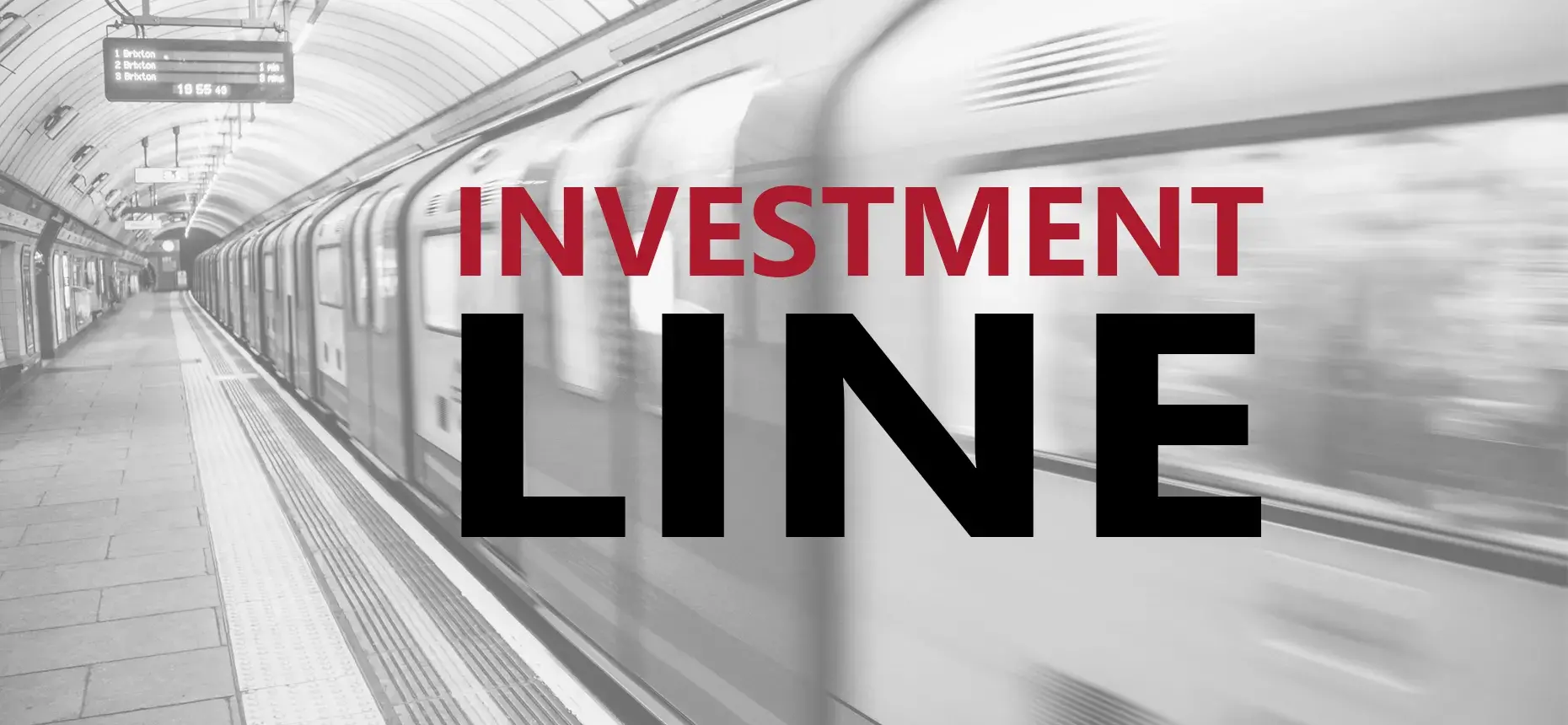UK
Boris Johnson today becomes Prime Minister at a particularly difficult time for the UK and, specifically, UK politics. He has become PM because of 92,153 votes in his favour. His confidence to ‘deliver Brexit, unite the country and defeat Jeremy Corbyn’ is admirable; however, each point faces considerable challenges. He enters Number 10 with a party majority of two. That will be tested on 1 August with a by-election in Brecon in South Wales, where the Liberal Democrats are currently 1/14 to win (Betfair odds) and reduce the Conservatives’ majority to a single seat. The fragmentation of Parliament means that traditional party voting lines are no longer applicable, with an apparent simple answer of Leave or Remain being the only important metric. We are all well aware of the challenges with Brexit, and the PM will have a very short period of time deliver something before the 31 October deadline. On 11 April, the EU granted a six-month extension, with Donald Tusk saying ‘please do not waste this time’. Well, we are three months down the line and, after a protracted Tory leadership contest, Boris is now in place to start the process. However, Parliament is in recess from tomorrow until 3 September, and the Europeans are on holiday too. The added complication is that new EU leadership at the Commission and Council in October and November raise a question as to whether the leaving leadership is going to agree any changes in the meantime. Still with us? Boris’s other comment to ‘unite the country’ also looks under pressure with Nicola Sturgeon saying the victory of the new PM may ‘accelerate’ plans for another Scottish independence vote, and former PM Gordon Brown suggesting that a breakdown of the United Kingdom is possible.
The appointment of Boris Johnson as PM has also led to an increase in the probability of a general election and the potential that he will have to ‘defeat Jeremy Corbyn’. With his strong assertion that he will deliver Brexit by the end of October, even if that means the UK leaves without a deal, it suggests that the likelihood of no confidence votes in the new PM has increased. With Parliament being so fragmented, it is likely that the only way to get through the Brexit mess is to ask the people, either through a general election or a referendum. The choice of a referendum brings with it significant problems, which have been clear to see for some time, irrespective of whether you agree or not with the result. They are highly divisive and are unlikely to result in a clear answer, such is the complexity of the question(s). It could also be argued that the reason we have Parliament is so the general public doesn’t have to vote on complex issues. A general election seems more likely. It would likely be fought on a single topic, being Brexit, meaning the leading parties would have to have a clear strategy or risk being decimated (as they were in the recent European elections). The resulting MPs would then create a majority to vote through their preference. However, there is a chance that Parliament remains too fragmented for anyone, even a ‘pact’, to gain a majority and we end up in the same position as we are now.
Talk of general elections and referendums could be premature if the new PM is able to secure an amended deal that garners a Parliamentary majority to agree to. He will have to work hard and charm EU leaders to achieve it, with the G7 event in Biarritz on 24 August looking like a key date for this. He is a divisive figure; however, he will have to unite Europeans, his own party and the country to deliver a successful Brexit resolution before the end of October.
Investment Line is written and edited by members of the Mattioli Woods Group investment committee and is for information purposes. It is not intended to be an invitation to buy, or act upon the comments made, and all/any investment decisions should be taken with advice, given appropriate knowledge of the investor’s circumstances. The value of investments and the income from them can go down as well as up, and you may not get back the amount invested. Past performance is not a guide to future returns.
Mattioli Woods plc is authorised and regulated by the Financial Conduct Authority.



